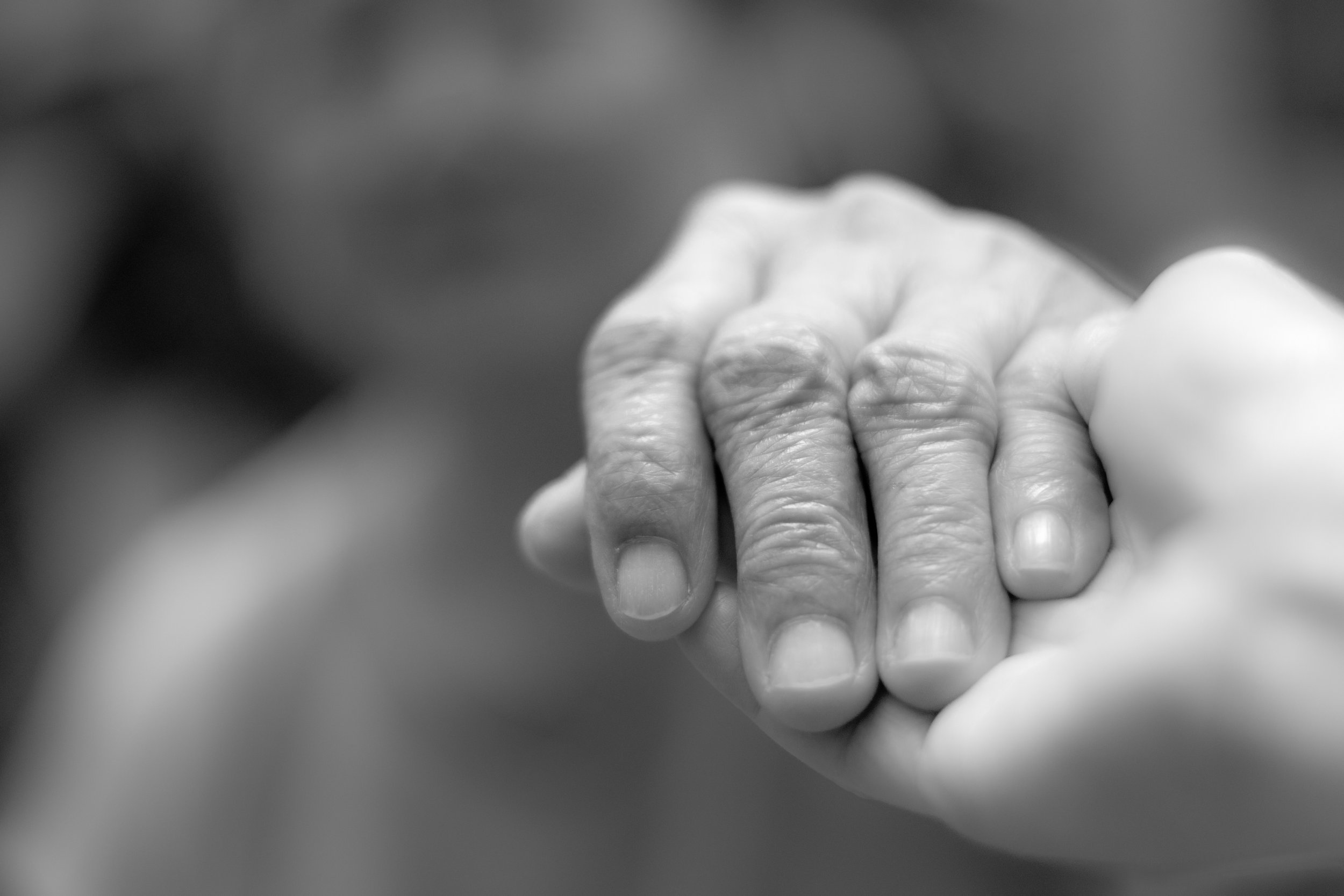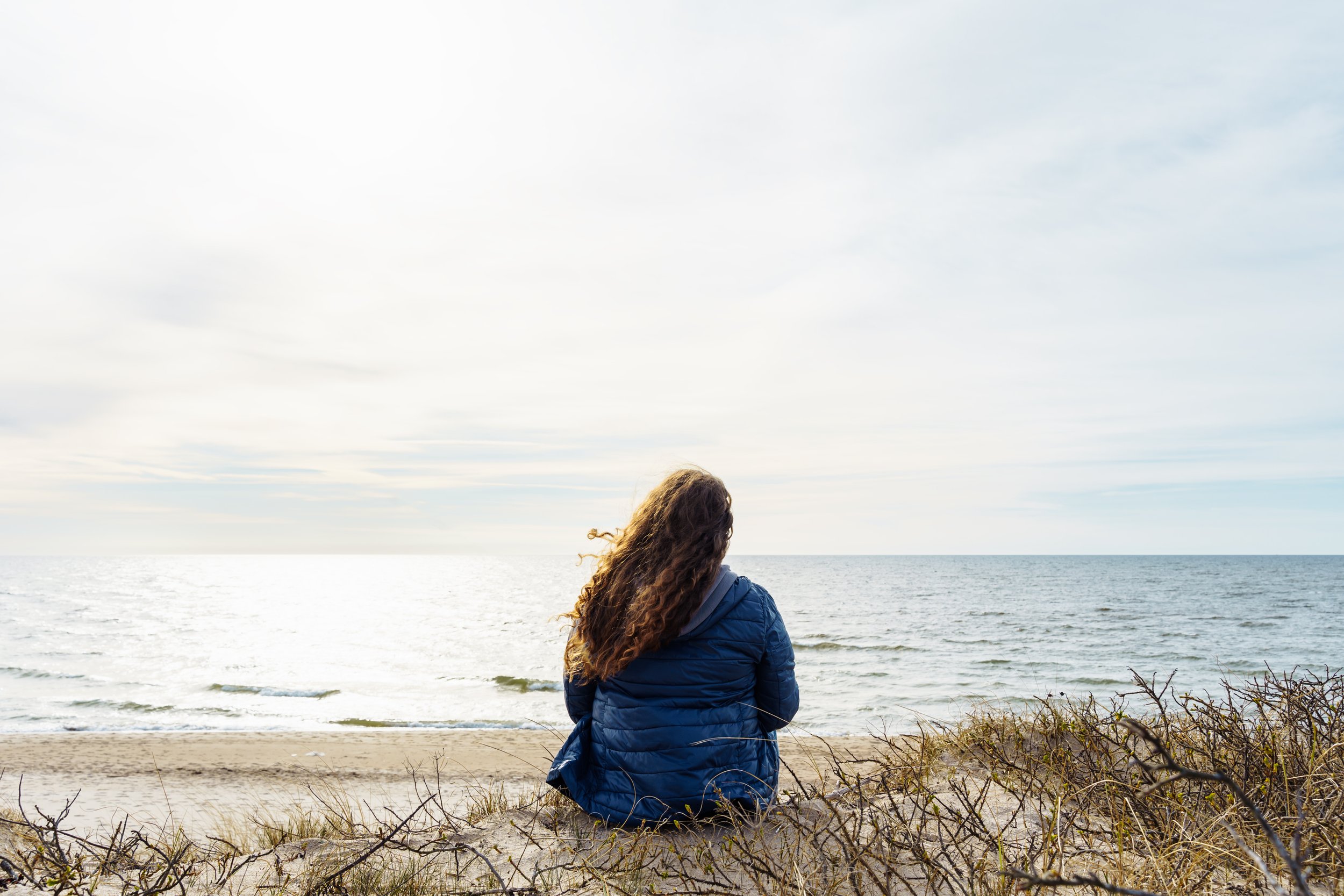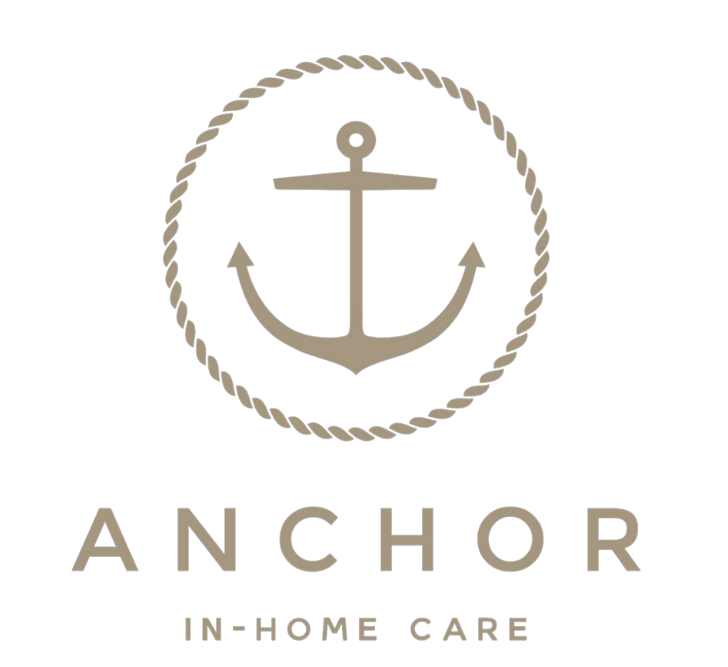
When You Are The Caregiver
Love and circumstances can thrust you into the role of primary caregiver. Here are some things you should consider.
you as the primary caregiver
Circumstances can thrust you into the role of primary caregiver, not by your choice. You do things for those you love for love’s sake and in response to need without thinking about yourself. This is a natural and noble response. I believe God honors the honor we give to our aged parents as adult children or to grandparents, and you will be rewarded. But how do you manage in this role?
Often, being a primary caregiver is a role for which people are unprepared. There is no formal training or preparation for the role, and the circumstances which bring on the need may be sudden, stressful and painful, so you are not prepared emotionally either. In our rush to fill the need, we often forget about ourselves. Selflessness is a necessary trait when providing care, but it needs to be balanced with self-care. A maxim says that the primary caregiver, if not in proper balance, soon becomes the one in need of care.
In the change of circumstances, the newness of the role, and the demands that we selflessly accept for ourselves, we can fall into the mindset that caring for ourselves amounts to denial of care for the other. We somehow feel it is wrong to take time away from caring for others to care for ourselves. It can reach the extent to which we feel that we actually need permission to meet our own needs.
This is a dangerous and unsustainable mindset. As primary caregivers, it is vital that you have a routine that supports your own needs as you meet the needs of another. Any alternative will result in your inability to meet other’s needs long-term, whether due to emotional and physical burnout or even because of physical constraints of your own. Stress, lack of sleep, lack of proper nutrition and lack of exercise take a physical toll on the body.
In preparing to provide care, the first step is to give thought to a formal plan of care. This should include care for the care recipient and caregiver alike. The urgencies and demands that newly fall on your shoulders typically result in lack of self-care in the following five areas: sleep, nutrition, physical well-being, personal time and spiritual care.
There is no magic formula for carving out the time needed to care for yourself; however, you can do some concrete things once you acknowledge the importance of meeting your own needs. Respite care is one way that you can plan to meet your needs.
The National Institute on Aging defines respite care as follows, “Respite care provides short-term relief for primary caregivers. It can be arranged for just an afternoon or for several days or weeks. Care can be provided at home, in a healthcare facility, or at an adult day center.” (https://www.nia.nih.gov/health/what-respite-care) Anchor In-Home Care partners with resource providers and can help you find the help you need so that you can continue to provide care for those who depend on you long-term. Respite care through in-home care agencies is not always the right solution, but it can be a wonderful, low-cost resource that can give you the break you need while at the same time providing the highest quality of care for your loved one.
We invite you to contact Anchor In-Home Care to discuss ways we can help you meet your needs without sacrificing care for the ones you love.
This graphic helps illustrate how meeting our personal needs in the six areas can contribute to our personal well-being in body, mind, soul and spirit.
Some other helpful resources:
The Mayo Clinic offers some good tips on stress management for primary caregivers: Caregiver stress: Tips for taking care of yourself
The National Institutes of Health has a host of helpful links: Caregiving
The Centers for Disease Control (CDC) offers insights when caring for loved ones with memory loss.
The National Alliance on Caregiving has information on a very helpful program from the CMM (Centers for Medicare and Medicaid) which would provide for training for primary caregivers.
A very good general site for family caregivers is the Family Caregiver Alliance. They have a plethora of resources including articles, webinars and videos which may prove to be helpful. This series of items on self-care has some particularly good information.

“Self-care is never a selfish act - it is simply good stewardship of the only gift I have, the gift I was put on earth to offer others. Anytime we can listen to true self and give the care it requires, we do it not only for ourselves, but for the many others whose lives we touch.”
— PARKER PALMER


